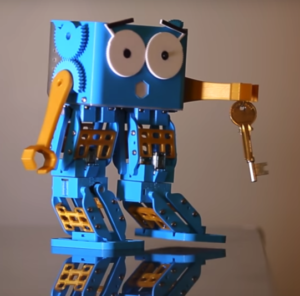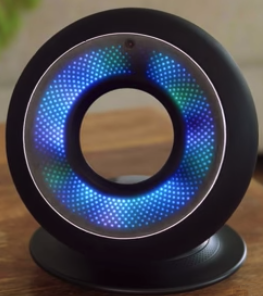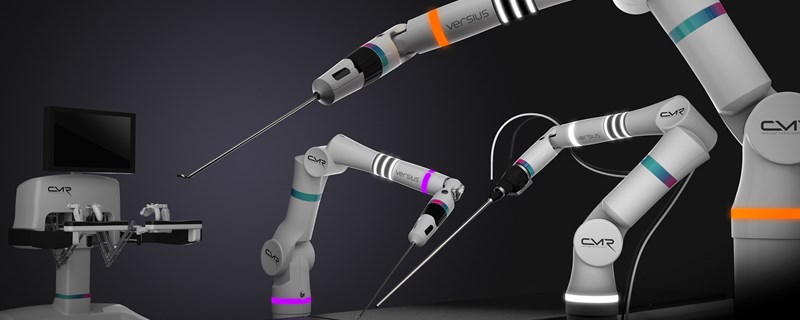The robots are coming: 3 of the fastest-growing AI and robotics firms
| Beauhurst
Category: Uncategorized
This week, the latest robot produced by Boston Dynamics has taken the internet by storm. It can backflip and maintain impeccable balance, and appears almost human in its ability to run and jump.
But robots and robotics firms have not always been so sharp.Indeed, it was only last year that we saw the unfortunate and public demise of Microsoft’s AI bot Tay, as Twitter users fed her conspiracy theories and Nazi tropes.
But in the UK, startups working in robotics are – we hope – not so naïve. From medtech to edtech, we explore three of the most interesting artificial intelligence and robotics firms currently enjoying rapid growth.

Scottish startup Robotical has produced Marty, a WiFi-enabled robot designed to teach children (and adults) about electrical engineering, mechanical design, and coding with Python.
Marty, who can walk and change facial expressions, has parts which can be 3D-printed. The robot can be programmed with Scratch or more complex languages, and Marty is compatible with Raspberry Pi.
It’s also controllable from any other WiFi-enabled device.
Despite this sophistication, Robotical is a very early-stage startup, founded in 2016.
The firm has raised just £30k in equity, and been awarded two grants worth a combined total of £102k. Last July it was accelerated by JLab, the retail-tech programme associated with John Lewis and Waitrose.
There’s also the slightly unnerving Olly, made by Emotech.
Olly is a very personal assistant; it learns from user interactions, and is designed to be almost impossibly human.

Olly “notices changes in your voice and mood and adapts accordingly”, from bolstering a user’s feelings by playing their favourite music, to turning the lights off and adjusting the heating.
Incredibly, Olly also reads human facial expressions, recognises different people (visually and aurally), anticipates behaviour, and acts without prompting based on its knowledge of user preferences. Emotech has raised £7.79m, and is currently taking pre-orders on Indiegogo.
Robots will also soon be our doctors: medtech has already brought tech to bear on preliminary diagnostics, but robotic surgery is an increasingly developed field. Similarly to robotics firm Freehand, Cambridge Medical Robotics has created Versius, a surgical robot designed to mimic human arms.

The robot is intended to reduce fatigue and repetitive strain injury in surgeons, and significantly lower the cost of performing operations (the robot’s current price is unclear, but the base salary for an NHS consultant in England is £75-101k).
Using the laproscopic robot also reduces the chance of surgical complications, along with slashing patient recovery time. Versius is the smallest surgical robot yet created, and with £39.8m in equity investment, we can expect plenty more advances from Cambridge Medical Robotics in the future.